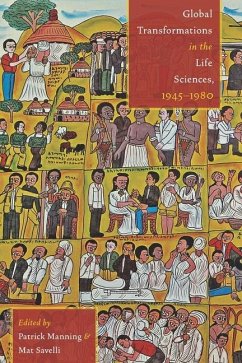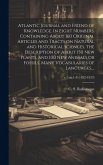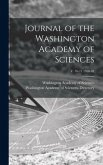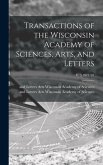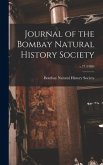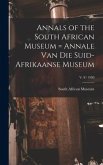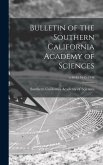Combining perspectives from the history of science and world history, this volume examines the impact of major world-historical processes of the postwar period on the evolution of the life sciences. Contributors consider the long-term evolution of scientific practice, research, and innovation across a range of fields and subfields in the life sciences, and in the context of Cold War anxieties and ambitions. Together, they examine how the formation of international organizations and global research programs allowed for transnational exchange and cooperation, but in a period rife with competition and nationalist interests, which influenced dramatic changes in the field as the postcolonial world order unfolded.
Hinweis: Dieser Artikel kann nur an eine deutsche Lieferadresse ausgeliefert werden.
Hinweis: Dieser Artikel kann nur an eine deutsche Lieferadresse ausgeliefert werden.

